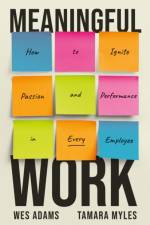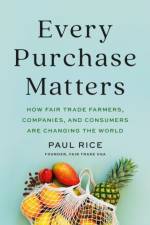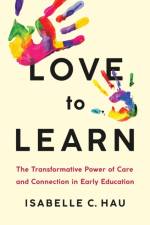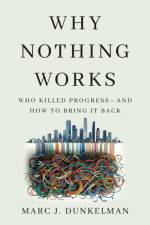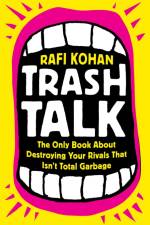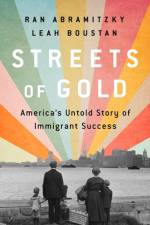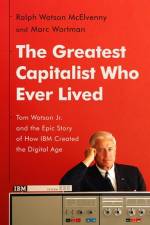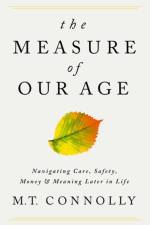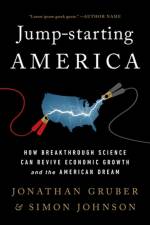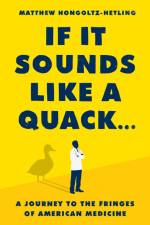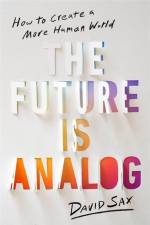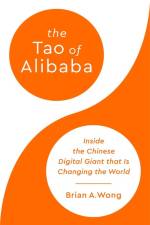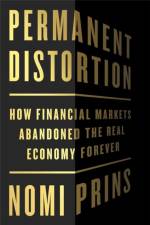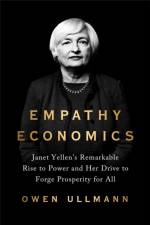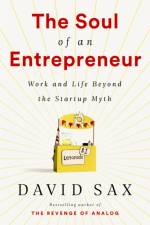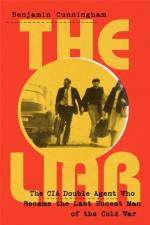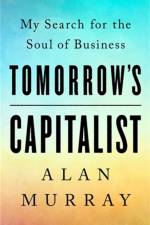av M. T. Connolly
327
"An elder justice expert uncovers the failures in the systems that are supposed to protect us as we age, and provides a battle plan for families and policy-makers to counter the greed and incompetence. Between 1900 and 2000, Americans gained, on average, thirty years of life. That dazzling feat allowed tens of millions of Americans to reach the once-rare age of 85, now the fastest-growing age group. The bad news: For millions of Americans, the Golden Years are appallingly tarnished, leaving them and those who love them at a loss for what to do. More than 34 million family members care for an older relative for 'free, ' but with costs to them in time, money, jobs, and health. Countless seniors are targeted by scammers and make riskier decisions about care, housing, money, and driving due to cognitive decline. And epidemics of isolation and loneliness make older people unnecessarily vulnerable to all sorts of harm. These problems touch millions of families regardless of class, race or gender. Today, one in ten older Americans is neglected or exploited with devastating results. And the systems supposed to safeguard them-like nursing homes, guardianship, Adult Protective Services, and criminal prosecution-often make problems worse. Weaving first-person accounts, her own unrivaled experience, and shocking investigative reporting across the worlds of medicine, law, finance, social services, caregiving, and policy, MT Connolly exposes a reality that has been long hidden-and sometimes actively covered up. But things are not hopeless. Along with diagnosing the ailments, she gives readers better tools to navigate the many challenges of aging-whether adult children caring for aging parents, policy-makers trying to do the right thing, or, should we be so lucky to live to old age, all of us"--




